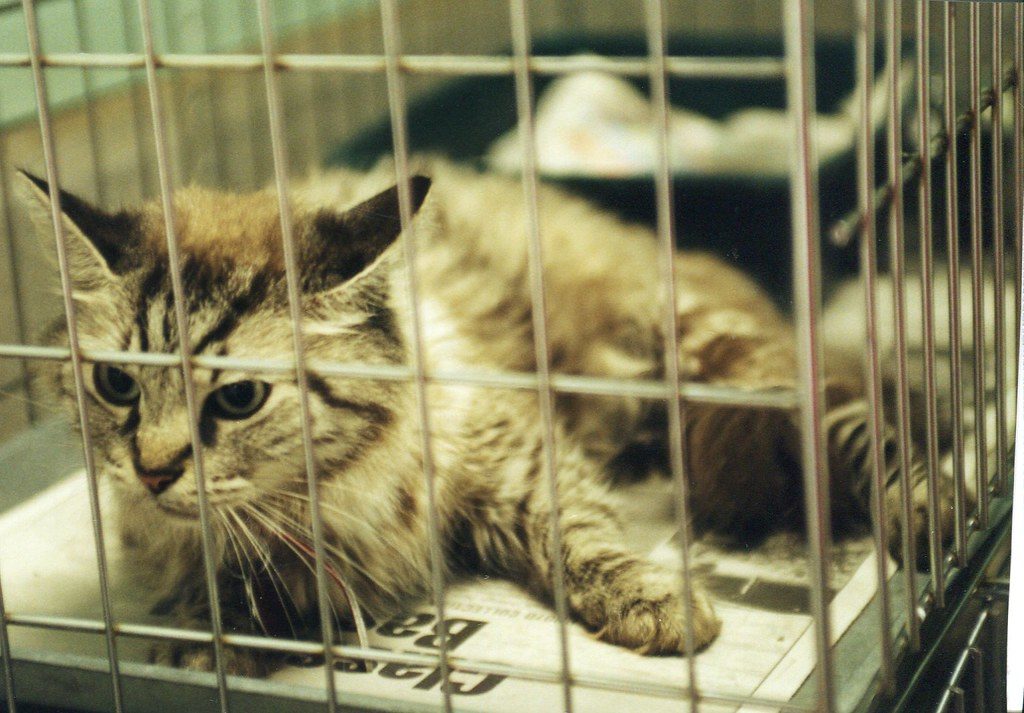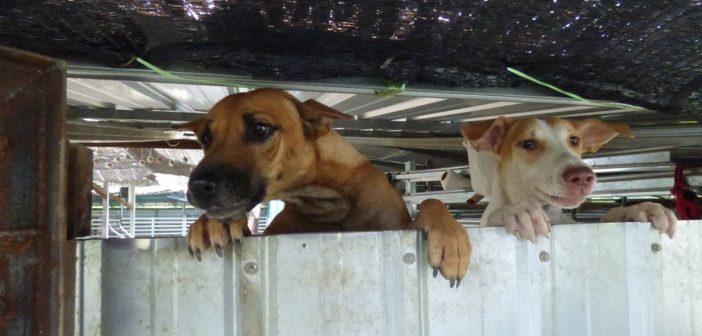It is very disturbing when your local humane organizations are not addressing the needs of animals in your community in an effective and compassionate manner. To best address the need for change, and facilitate such changes, it is useful first to have a basic understanding of what should be expected from your local humane organizations.
What to Expect from Your Local Humane Agencies
Animal shelters are funded by a variety of sources, both private and public. Less-than-desirable conditions at a shelter may very well be due to a lack of appropriate funding, rather than a lack of compassion. As a baseline, a humane shelter should be a safe haven for all animals in its care, and provide humane care for all stray and relinquished animals.
A shelter’s mission may include the following: prevention of animal cruelty and suffering; enforcement of animal protection laws, where the shelter is affiliated with the local animal control department; and development of humane principles for the community it is serving.
What to Do if You Witness Abuse or Neglect at a Shelter

A cat at a North Shore Animal League America shelter. Image credit Kim Bartlett – Animal People, Inc.
If you have information about or have witnessed abusive or neglectful conditions at an animal shelter, document your findings, noting dates, locations and specific problems in a detailed journal. Photographs, video, and other evidence of the abusive conditions are helpful and persuasive.
If you are able to work with the shelter staff and management to facilitate the needed changes, such a cooperative effort would be ideal. However, there are situations in which a cooperative effort is not possible. When the shelter staff or management refuse to engage in a conversation about improving the conditions for the animals in their care, contact the people or agencies who oversee the shelter and provide them with your documentation of the abusive conditions. This is often the sheriff’s department, city council, mayor or city manager. Also, check with your state Department of Agriculture to inquire about oversight of the agencies in question.
It is imperative that local authorities fully investigate the case. Laws that may apply would be state and/or local laws. To obtain local ordinances, contact your city council, local humane organization, visit your local library, or check online at www.municode.com.
For situations in which your state’s anti-cruelty statutes may have been violated, see the Animal Legal Defense Fund’s website about criminal animal cruelty cases.
Featured image: dogs look out from a shelter in Penang, Malaysia. Image credit Wolf Gordon Clifton / Animal People, Inc.





